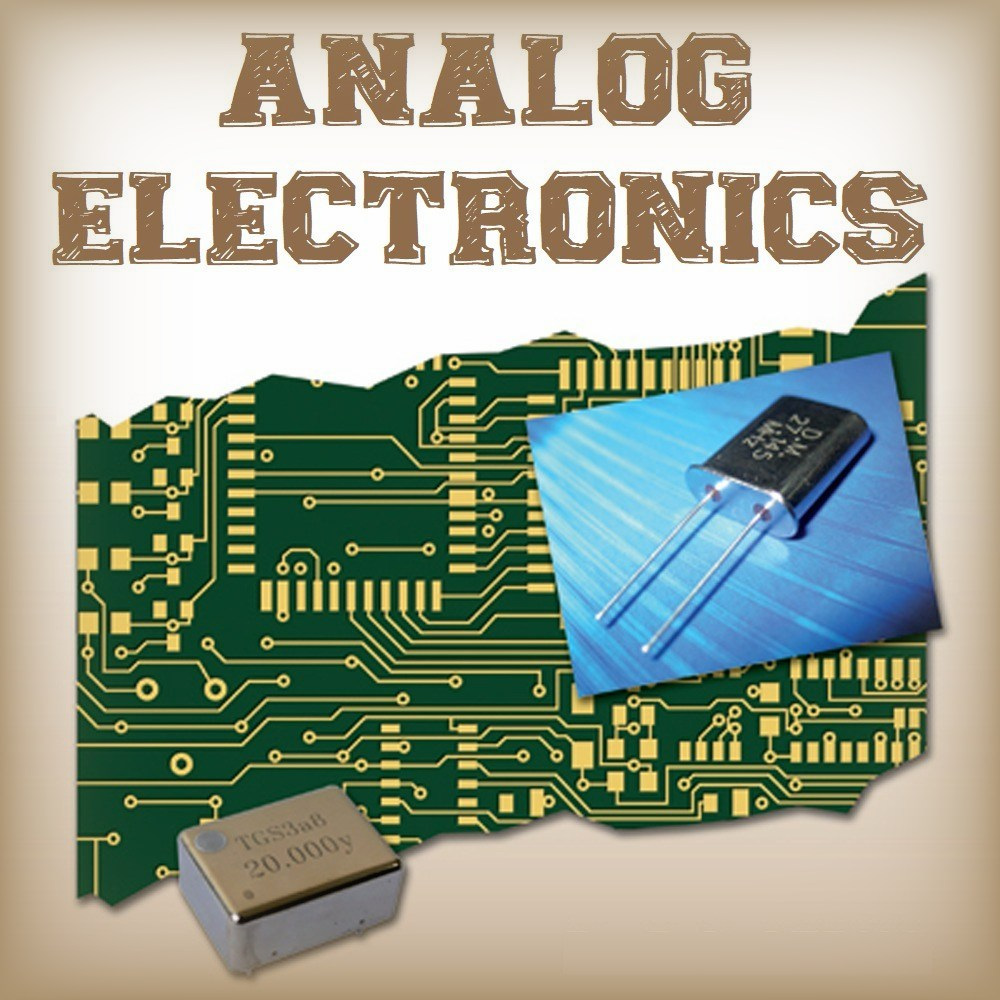Brief Overview:
The Analog Electronics Course offers an in-depth understanding of the fundamental principles of analog electronics, essential for many modern electronic systems. Focusing on the study of analog circuits, the course explores their applications across various fields, including communications, audio, imaging, and process control. Participants will learn about key concepts such as resistors, capacitors, transistors, and integrated circuits, along with methods for analyzing and designing analog circuits.
Course Objectives:
- Introduce participants to the key concepts and components of analog electronics.
- Enable participants to analyze and design analog electronic circuits effectively.
- Teach measurement techniques and the use of specialized testing tools in electronics.
- Understand the application of analog circuits in diverse systems, including communications and signal processing.
- Develop problem-solving skills for designing and analyzing analog circuits.
Training Content:
- Introduction to Analog Electronics:
- Definition of analog electronics.
- Differences between analog and digital electronics.
- Everyday applications of analog electronics.
- Basic Components of Electronics:
- Resistors: Types and calculation methods.
- Capacitors: Functions and usage.
- Transistors: Types (BJT, FET) and their roles.
- Integrated Circuits: Definitions and various types.
- Analysis of Analog Circuits:
- Kirchhoff’s Laws: KVL and KCL.
- Circuit analysis using methods such as average value and frequency analysis.
- Understanding and using equivalent circuits.
- Design of Analog Circuits:
- Principles and practices of circuit design.
- Designing audio amplifiers and operational amplifiers.
- Creating analog filters.
- Designing modulation circuits (AM and FM).
- Measurement and Testing of Circuits:
- Tools used: Oscilloscope, multimeter, and signal generator.
- Techniques for measuring voltage, current, and resistance.
- Signal analysis utilizing various tools.
- Practical Applications of Analog Electronics:
- Case studies in communications and audio applications.
- Implementation of analog circuits in sensor devices.
- Designing control circuits for different systems.
- Future Trends in Analog Electronics:
- Recent advancements in analog electronics technology.
- Challenges and opportunities in the digital electronics era.
- Integrating analog systems with digital technologies.
Target Audience:
- Students in electrical and electronic engineering.
- Technicians and engineers seeking to enhance their knowledge of analog electronics.
- Individuals interested in understanding the fundamentals of electronics and circuit design.
- Maintenance professionals looking to acquire new skills in the field.
This course is ideal for beginners in electronics, blending theoretical knowledge with practical application to ensure a comprehensive grasp of the fundamental concepts in analog electronics.






